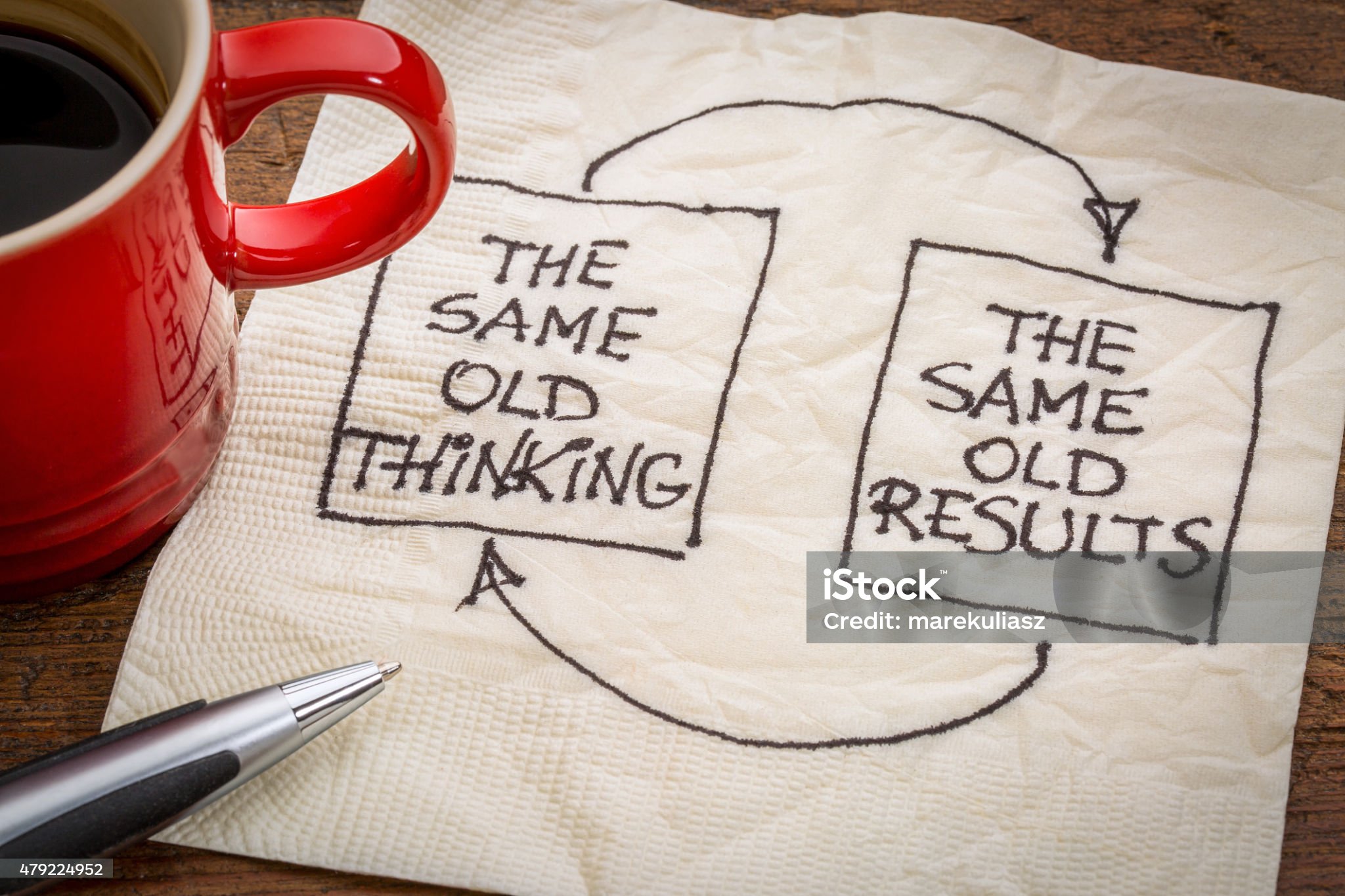
We all experience moments in life where we feel stuck, uncertain, or unsure of what steps to take next. Whether you’re facing a crossroads in your career, a personal dilemma, or just a sense of aimlessness, not knowing what to do can be frustrating and overwhelming. The good news is that you don’t have to have all the answers immediately. In fact, these moments can be valuable opportunities for growth, reflection, and new perspectives. Here are six practical things you can do when you don’t know what to do.
1. Take a Step Back and Breathe
When you’re feeling lost or confused, the instinct might be to act quickly or make a decision just to escape the discomfort. However, sometimes the best thing you can do is take a step back, pause, and give yourself time to breathe. Clarity often comes when we create space for it.
- Why It Helps: Stepping back gives your mind a break from the constant pressure to figure things out. It allows you to reset and see the situation from a more relaxed and clear perspective. Stress can cloud judgment, and a moment of stillness may help you process your thoughts more effectively.
- How to Do It: Practice mindfulness techniques, deep breathing, or meditation. Spend some time in nature or engage in a relaxing activity like reading, drawing, or listening to music. This short break can help bring clarity.
2. Talk It Out with Someone You Trust
Sometimes, when you don’t know what to do, it helps to get an outside perspective. Speaking to a trusted friend, family member, mentor, or counselor can help you process your thoughts and feelings. They might not give you direct answers, but the simple act of talking things through can help you gain a clearer understanding of the situation.
- Why It Helps: Other people can offer insights or perspectives that you might not have considered. They may ask questions that challenge your thinking or help you see the bigger picture. Verbalizing your thoughts can also help you organize and clarify what’s really bothering you.
- How to Do It: Reach out to someone you trust and explain that you’re feeling stuck or unsure about what to do. Ask for their listening ear and share your thoughts openly. You might be surprised by the clarity that comes from simply voicing your uncertainties.
3. Focus on Small, Manageable Tasks
When you’re unsure about a big decision or direction in life, focusing on small, manageable tasks can help ease the pressure and get you moving again. Instead of obsessing over the larger issue, try breaking things down into simpler steps.
- Why It Helps: Taking small steps can help you feel productive and in control, even if you’re still uncertain about the bigger picture. Progress in small areas can create momentum and boost your confidence, which might help you tackle larger decisions with more clarity.
- How to Do It: Make a list of things you can accomplish today—whether it’s organizing your space, responding to emails, or taking a short walk. Completing smaller tasks can help you regain a sense of accomplishment and reduce the feeling of being overwhelmed.
4. Explore New Interests or Passions
When you don’t know what to do, it may be a sign that it’s time to explore something new. Often, uncertainty stems from feeling disconnected from your current path or routine. Exploring new interests, hobbies, or passions can reignite your sense of curiosity and help you find direction.
- Why It Helps: Trying something new can shift your focus and introduce fresh perspectives into your life. Engaging in creative or stimulating activities can spark new ideas or passions that you didn’t know you had, and it might open doors to paths you hadn’t previously considered.
- How to Do It: Think about something you’ve always wanted to try but haven’t yet. Whether it’s learning a new skill, taking a class, joining a group, or trying a creative hobby, give yourself permission to experiment without pressure. Exploring new things may help reignite your sense of purpose.
5. Write It All Down
Journaling or writing your thoughts down can be an incredibly effective way to process uncertainty. When you don’t know what to do, writing can help you explore your feelings, organize your thoughts, and even uncover patterns or insights that you weren’t aware of.
- Why It Helps: Writing allows you to express yourself freely and without judgment. It helps you externalize your thoughts, making it easier to see what’s going on inside your mind. By putting your worries, questions, and fears on paper, you create space for new solutions or ideas to emerge.
- How to Do It: Start by writing down exactly what you’re feeling—don’t worry about grammar or structure. Focus on what’s making you feel stuck or unsure. As you write, you may begin to see connections, alternative viewpoints, or realizations about what’s important to you.
6. Embrace the Uncertainty and Trust the Process
Finally, it’s important to accept that not knowing what to do is a normal and natural part of life. Uncertainty is uncomfortable, but it can also be a valuable space for growth and transformation. Sometimes, the best way forward is to embrace the uncertainty and trust that clarity will come in time.
- Why It Helps: Accepting uncertainty helps reduce the anxiety and pressure to have all the answers right away. It allows you to focus on the present moment and trust that, eventually, the path will reveal itself. Often, our greatest breakthroughs come when we allow ourselves to sit with the unknown and listen to what our intuition tells us.
- How to Do It: Shift your mindset from “I need to figure this out now” to “It’s okay not to know right now.” Remind yourself that uncertainty is temporary, and give yourself permission to explore, reflect, and grow at your own pace. Trust that, in time, the right course of action will become clear.
Conclusion: Finding Clarity When You Don’t Know What to Do
Feeling stuck or uncertain is a natural part of life, but it doesn’t have to be paralyzing. By taking a step back, seeking perspective, focusing on small actions, and embracing the uncertainty, you can navigate through these moments with greater ease. Remember, it’s okay not to have all the answers right away. Give yourself the time and space to explore, reflect, and trust the process. Clarity will come when you’re ready for it.




